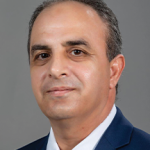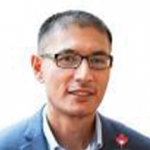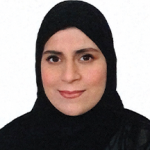
Research Fellows
Linda Smail
Professor, College of Interdisciplinary Studies, Zayed University

Speakers
Mouawiya Al Awad
Director of the Institute of Social &...

Authors
Wasseem Abaza
Assistant Professor of Management, Case Western Reserve...

Authors
Firuz Kamalov
Associate Professor of Mathematics, Department of Electrical...

Authors
Hamdah Alawadhi
Zayed University


